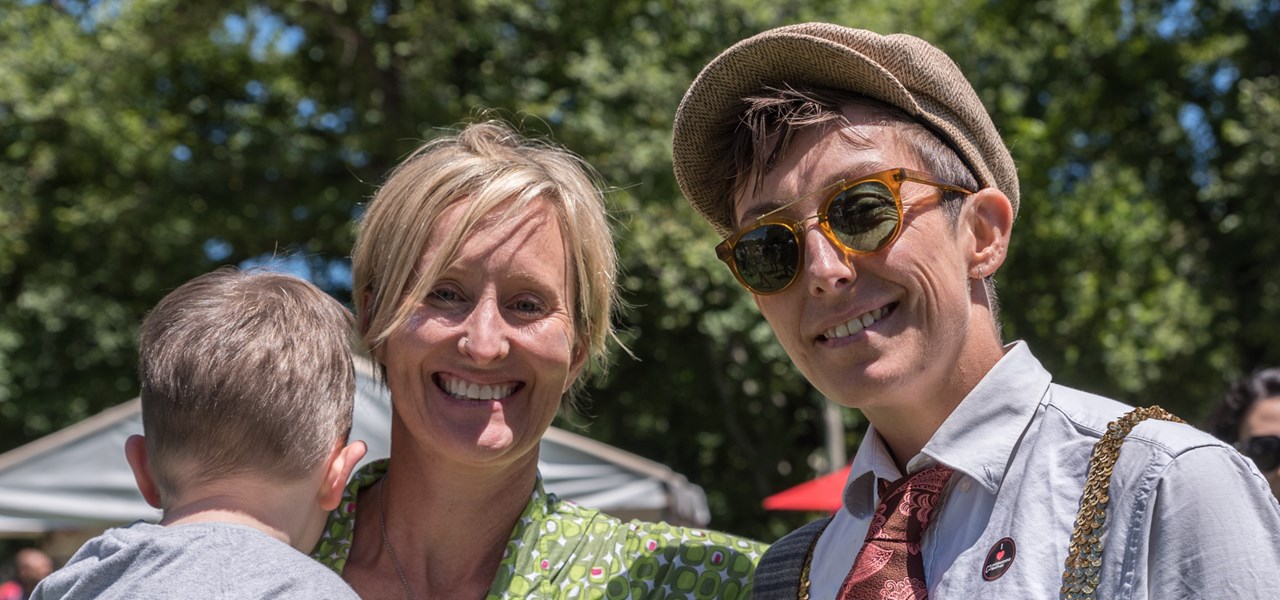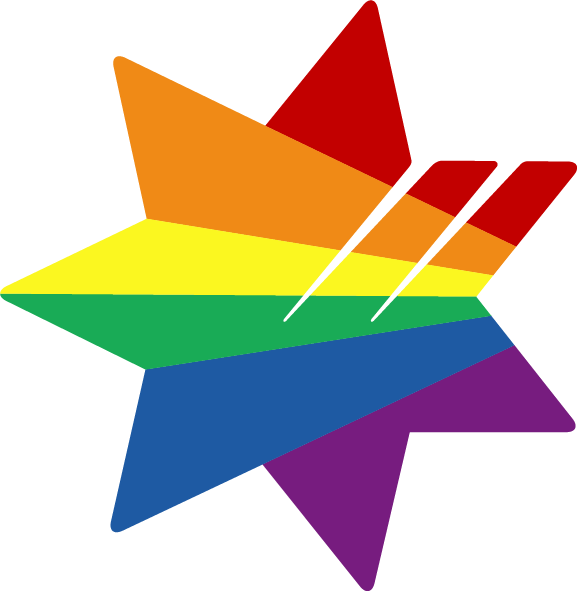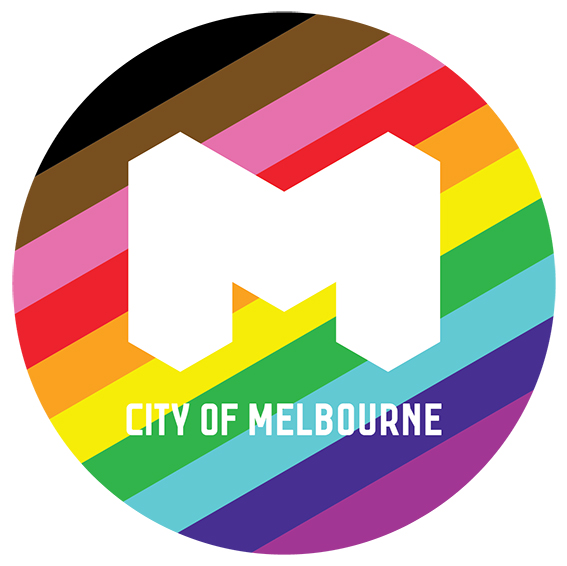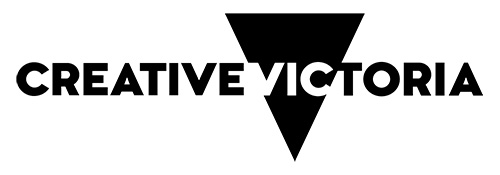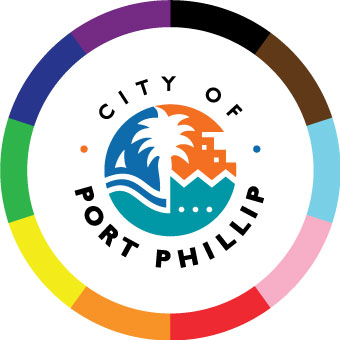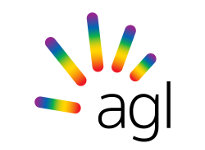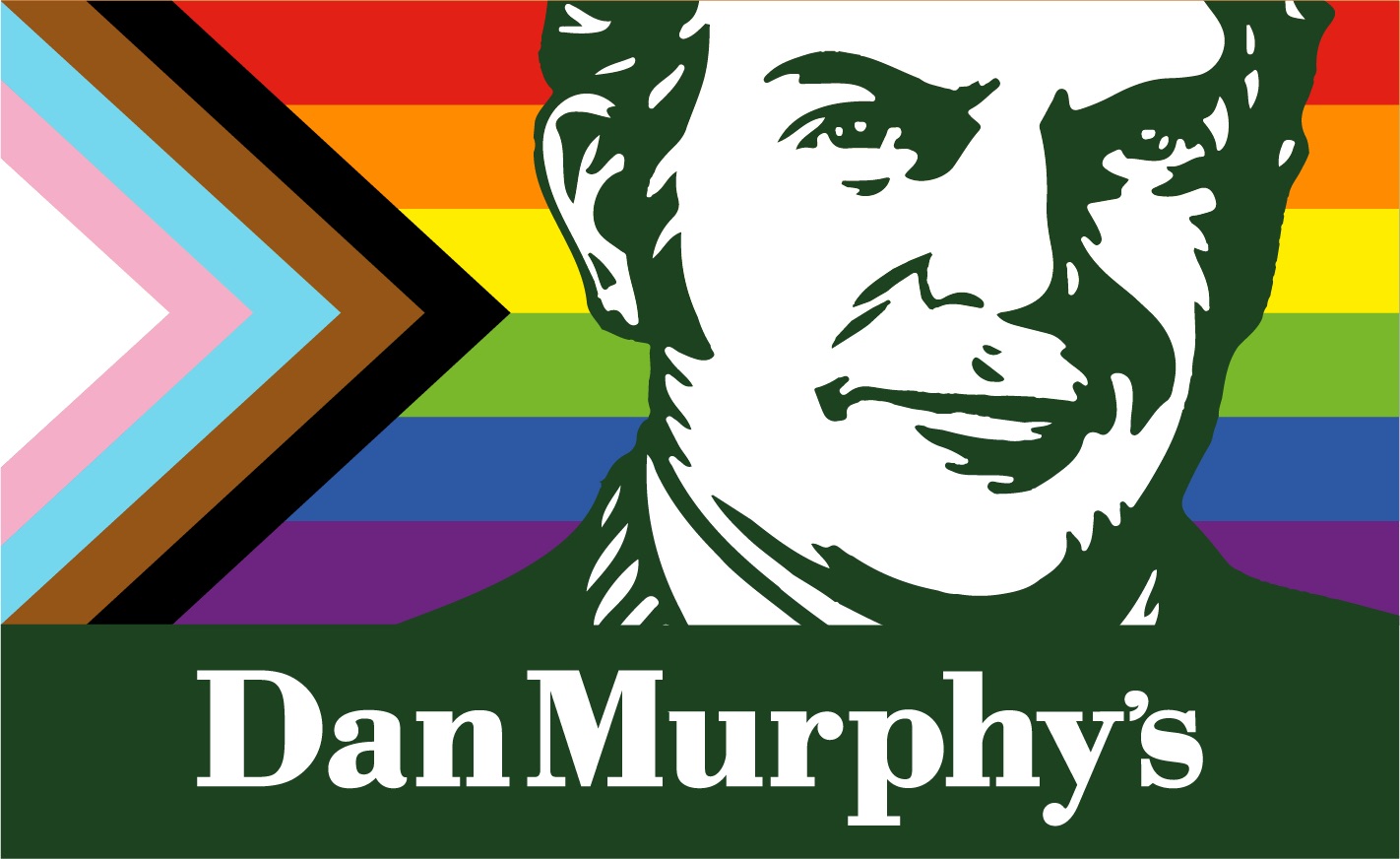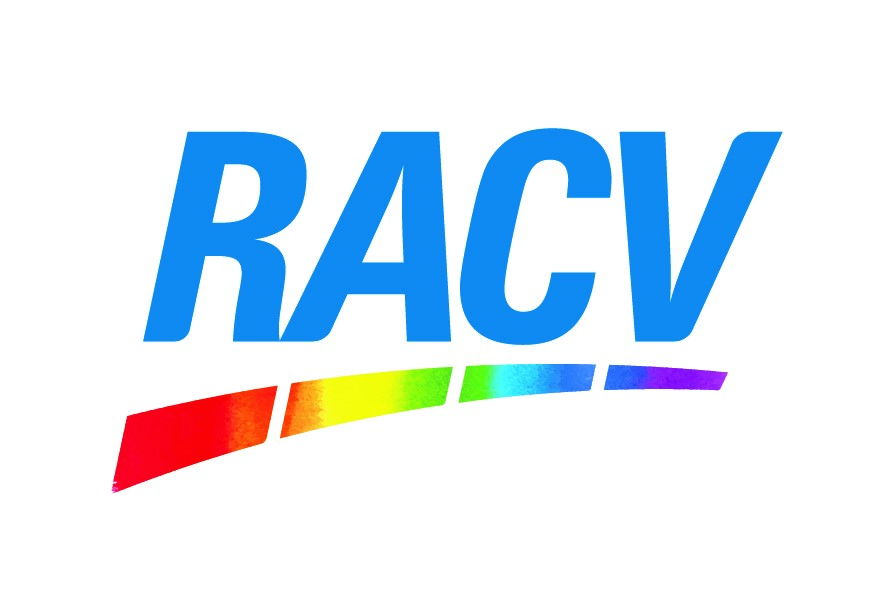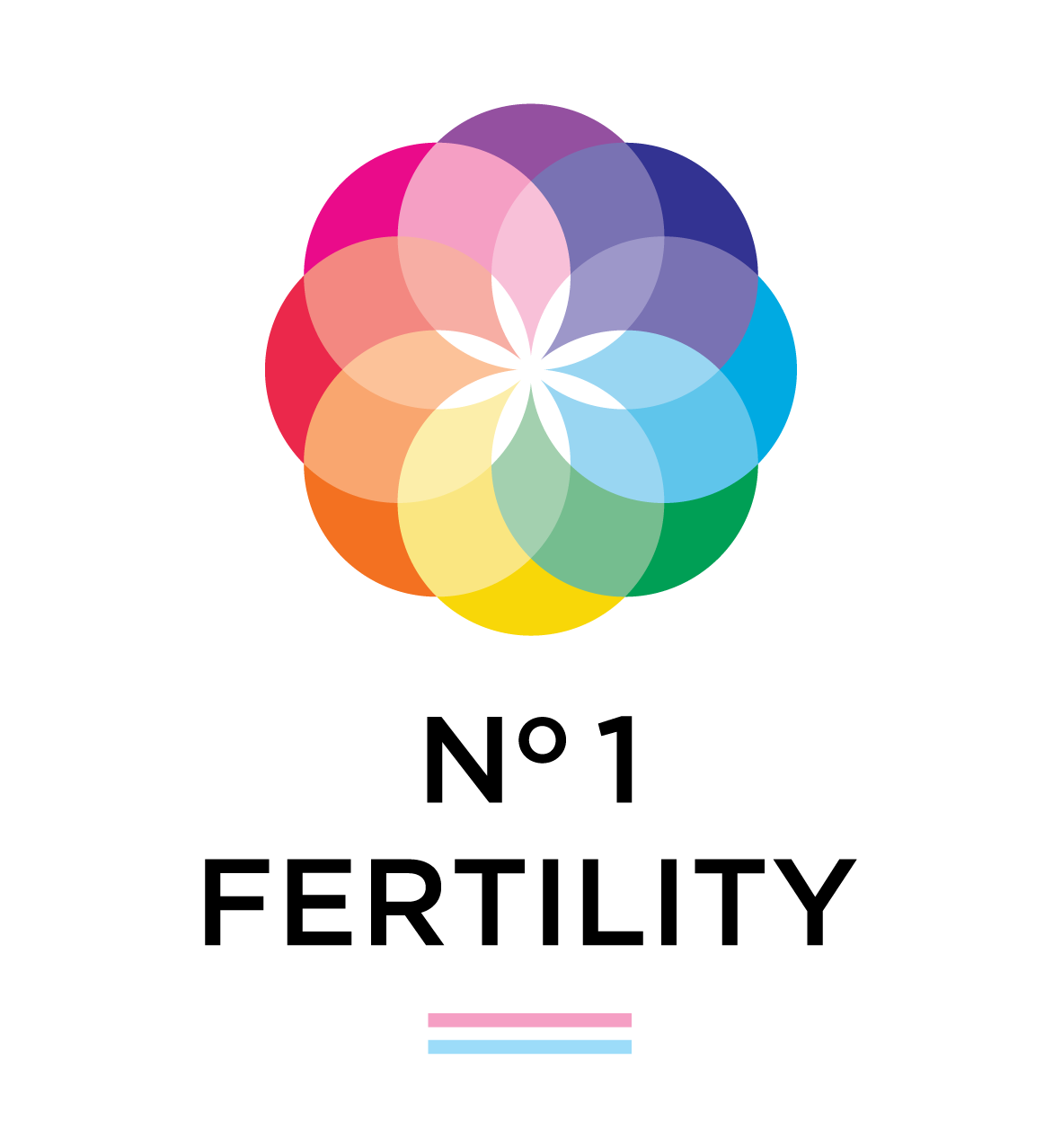Midsumma Milestones
The Key Milestones
Midsumma Festival has a rich and diverse history, but it hasn't always been plain sailing! Some of the milestones were:
- The early 1980s: Midsumma's history really started in the early 1980s with Gay Day
- 1986: the VAC proposed a Melbourne festival
- 1988: Midsumma came into being, with the first festival held in 1989
- The early 1990s: each year was "a modest if slightly disorganised success"
- 1996: Pride March arrived and the Carnival moved to the Alexandra Gardens
- 1997: Claire Beckwith was our first female president
- 2003: the legendary US Comic, Joan Rivers, appeared at Carnival
- 2008: the 1st Asia Pacific Outgames was held in Melbourne, with Midsumma Festival as the cultural partner.
There were many more significant milestones and events over the years. Please read on for more information and check out the year-by-year history too.
Early 80's – GayDay
Midsumma's history is actually a little more complicated than that. There had been earlier attempts to stage a gay community festival in Melbourne. In the early '80s there was GayDay, originally organised as a celebration of homosexual law reform in Victoria (four years before NSW, let it be noted), and later run by the ALSO Foundation. GayDay was held in the concrete bunker under Olympic Park - not the gayest of venues. After venturing outdoors in 1985, it was rained out, and thereafter lost its ambitions to be a major festival, though it lingered on as an annual picnic.
1986 - VAC proposed a Melbourne Festival
Resentment of Sydney's all-singing, all-dancing, all-exhibiting, and very expensive, Mardi Gras monster continued to seethe in the breasts of Melbourne's gay elite. In 1986 a proposal for a new Melbourne festival was floated, mainly by the Victorian AIDS Council, which saw that the gay community needed a morale-booster during the worst years of AIDS. A street parade and festival in Acland Street, St Kilda, was proposed. The idea sank, partly through ALSO's attachment to GayDay, but mainly because several local gay businesspeople, led by an Acland Street cakeshop proprietor, thought it would be bad for their oh-so-respectable image.
1988 - Gay Business Association created Midsumma
Reproduced from Brother Sister Bnews, 21 Dec 2000.
It was, however, the Gay Business Association which in 1988 returned to the charge and brought Midsumma into existence. Their motivation was of course partly economic. They wanted all those high-spending A-list gays and power lesbians to spend their high discretionary incomes in Melbourne party-wear shops and venues and restaurants rather than wasting it all in Sydney. But there was also a genuine pride in the distinct and growing Melbourne gay community. "Sydney has Mardi Gras, and that's very strong," said Brenton Geyer, one of Midsumma's early leaders. "Midsumma was never meant to imitate that: it's meant to give Melbourne a very positive gay identity."After a lot of negotiating, the petty jealousies of the GBA, VAC and ALSO were got around by creating a new independent body to run the festival, and in September 1988 an organiser, Paul Hayes, was imported from Sydney, with a brief to pull a festival together out of nothing in three months. This inaugural festival had, inevitably, a strong Sydney flavour. Its star turn was the Melbourne premiere of Heaven Only Knows, by Sydney playwright Alex Harding. But there was also a film festival, a writers' week, to art exhibitions and a sporting carnival. American writer Armistead (Tales of the City) Maupin was the main guest.
1989 saw the first Midsumma Festival organised in Melbourne
Edited summary of an original article from the Australian Lesbian and Gay Archives, published in MCV 96, October 11, 2002: "Melbourne Gets A Little Queer".
It ran over ten days and almost as many nights. Street Party, Sports carnival, Theatre, Cabaret and film festivals. A G&L studies conference; a history walk... there was something for everybody. There was even an awards night. Having fun was only one of the goals. Communication, launching new groups, raising our profile in the wider world, even health education were touted as the festival's goals. All that was missing was the parade. Keen to avoid comparisons with the northern event, this had to wait until Pride March arrived in 1996.
Midsumma was formed in 1988. But there was still a long way to go. This was, after all, the year that Mardi Gras had Grace Jones, and Midsumma inevitably suffered by comparison. It was rather unkindly described as "a school fete with drag queens." There were problems with lack of continuity over the year and lack of funds. Midsumma simply did not generate the kind of revenue which Mardi Gras drew from the Mardi Gras Party and Sleaze Ball, and all the best party timeslots in Melbourne were taken by other groups such as VAC and ALSO. The onset of recession in 1991 and the arrival of the Kennett government in 1992 didn't help matters.
A pattern was established. Each year the festival would be thrown together in two or three months by a small group of dedicated volunteers on a tiny budget, drawing heavily on freebies and charity to book venues and acts. In 1992 the festival was described as "a list of the events Midsumma didn't have to pay for." Each year the festival would be a modest if slightly disorganised success, following which the organisers would swear they would never do such a crazy thing again and disappear for six months. Then the process would start again. Nevertheless, by the mid 1990s Midsumma had become a fixed part of Melbourne's gay (and to some extent lesbian) calendar. The addition of a swimming carnival and a car rally, and the annexation of ALSO's Red Raw dance party, gave it a more populist focus, although the arts component remained strong, with a classical music festival (the name "Eine Kleine Fagfest" was mercifully dropped) and the Softwear theatre programme. AIDS-themed exhibitions and productions remained prominent.
Midsumma in these years was still keen to avoid comparisons with Mardi Gras. "Melbourne's a different sort of city to Sydney," said organiser Terry Harding in 1991. "I don't think we'd have a parade, ever desire a parade."
Through the 1990s the centrepiece of Midsumma was the Carnival, unusual for a gay community event in that it was held in broad daylight and in full view of the public, at the Albert Park Reserve in St Kilda. The Carnival (unlike GayDay) was blessed with glorious weather year after year, though the heat did pose some problems for both leathermen and drag queens. There were indeed complaints that there was too much focus on drag - in 1994 Wigstock, a giant drag festival, threatened to take over the entire carnival. 1994 was also the year that this writer was among the victims of an event called "dunk-a-tired-old-activist."
Despite its chaotic finances and organisational problems, however, Midsumma continued to grow, sometimes to the amazement of its organisers. The 30,000 people who came to the 1994 Carnival probably didn't know that their festival was virtually bankrupt. But help was at hand. It was capitalism, in its glittering triumphant post-Cold War mode, which came to the rescue. Commercial sponsorships, in search of the mirage of the Pink Dollar, began to flood in. The telecoms war between Telstra and Optus was particularly lucrative.
After 1995, for the first time, Midsumma became modestly affluent, and the tone of the cultural offerings reflected this.
1996 - Pride Arrives
Two more big breakthroughs came in the later 1990s. It was decided that there would, after all, be a parade. Not a Mardi Gras-style nighttime parade ending in a dance party (Melbourne geography not allowing this), but a daytime parade, the Pride March, through St Kilda to the beach, followed by a takeover of Luna Park for an evening of snogging on the Ferris Wheel. Melbourne's gay and lesbian community had so grown in size, confidence and exuberance that it just had to have an outdoor, public celebration of its existence. If any cakeshop-owners objected, their voices were not heard. At the same time the Carnival was moved to the Alexandra Gardens on the banks of the Yarra, a bigger and more secure venue. In 1996 over 125,000 people attended. Another successful addition was a night time street party, held first in Brunswick Street and later in Commercial Road, which drew over 60,000 people in 1997.
1997 - First Female President
The second big breakthrough came when Claire Beckwith became Midsumma President in 1997. Now Midsumma was in name and in fact a festival for lesbians as well as for gay men and drag queens. "Lesbians can no longer claim the festival excludes them" wrote Madeleine Swain, "and the board itself has a much-improved gender balance". Midsumma was no longer a "one-gender jubilee," and this improved not only its political tone but its finances, since lesbians (contrary to rumour) have money too. By the time of the tenth Midsumma in 1998, there were over a hundred Midsumma events, involving well over 100,000 people in one way or another.
"These events give Midsumma a broad public base" said then Midsumma President Peter Edmonds, commenting on the festival's tenth anniversary. "They give it a side that's acceptable to any member of the general public". Pointing out that Midsumma now embraces the visual arts, the performing arts, sport, literature, politics, health, outdoor and indoor events, parades, parties and picnics, Edmonds relected: "I hate to use the 'diversity' word, but it does mirror the diverse tastes and lifestyles of different members and age-groups within the gay and lesbian community".
2008 - Cultural Partner for the inaugural Asia Pacific Outgames
The 1st Asia Pacific Outgames was held in Melbourne in 2008 with the theme: "Play with your neighbours"! This was a multi-sport tournament, a human rights conference and a cultural festival embracing the Asia Pacific's gay and lesbian community and their friends.
The Outgames took place from 30 January - 3 February 2008, during the 2008 Midsumma Festival, under licence from GLISA Asia Pacific (Gay and Lesbian International Sport Association).
Sport tournaments at the 1st Asia Pacific Outgames included: Badminton, Dancesport, Hockey, Lawn Bowls, Rowing, Run, Squash, Swimming, Ten Pin Bowling, Tennis, Volleyball and Water Polo.
The 1st Asia Pacific Outgames also featured Rainbow Conversations, a two-day GLBTI human rights conference featuring the most remarkable and diverse group of activists, academics and community leaders ever gathered in Melbourne.
